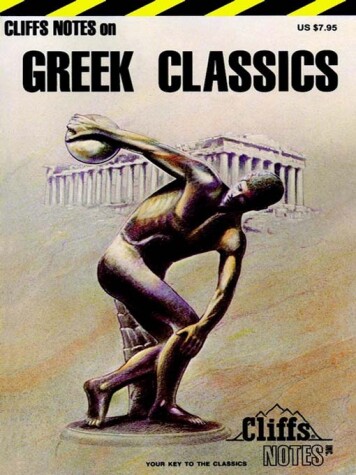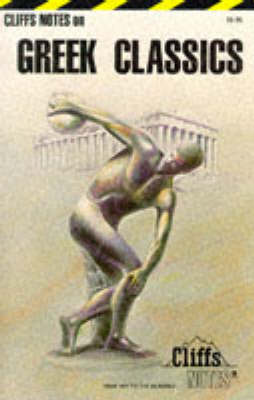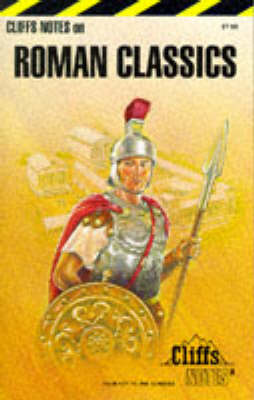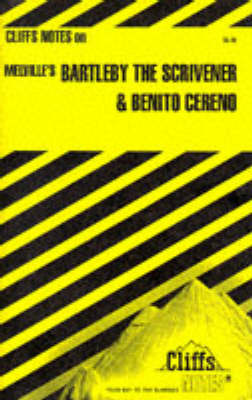Cliffs notes
1 primary work • 7 total works
Book 0
Question Victorian -- and present-day -- society as you study Charlotte Bronte's popular novel with "CliffsNotes on Jane Eyre." What is women's position in society? What is the relationship of dreams and fantasy to reality? What is the basis of an effective marriage? Bronte tackles all these questions and more through the story of her heroine Jane Eyre.
CliffsNotes provides detailed plot summaries, critical commentaries, and a helpful character map to help you uncover all the insight this novel has to offer. Make your study of this timeless novel a success with "CliffsNotes on Jane Eyre." Other features that help you study includeCharacter analyses of major playersCritical essaysA review section that tests your knowledgeBackground on the author, including career highlights
Classic literature or modern modern-day treasure -- you'll understand it all with expert information and insight from CliffsNotes study guides.
* Give you concise overviews of Roman poets, playwrights, orators, satirists, philosophers, historians, and their works.
* Locate topics for term papers and essays.
* Check facts, dates, spelling, and pronunciation.
* Identify the five major divisions of Latin literature, including the Golden Age and the Silver Age.
* Discover the genesis of biography, the encyclopedia, and the art of satire.
* Recognize literary allusions to people and events such as Little Boots, the Queen of the Nile, the Good Emperors, the Roman Homer, crossing the Rubicon, the eruption of Vesuvius, the Battle of Actium, and the decline and fall of the Roman Empire.
* Comprehend, through example, such terms as Philippics, persona non grata, a sound mind in a sound body, the law of three children, plebes, and equites, lightning war, divide and conquer, the sublime, toga virilis, triumvirate, the die is cast, de rerum natura, apologia, veni vidi vici, arms and the man, et tu Brute, Pax Romana, Cumaean Sybil, Ides of March, bread and circuses, pontifex maximus, and the Vulgate Bible.
* Place Roman authors in historical context and chronological relationship to one another.
* Review the accomplishments of Roman civilization under its various forms of government.
* Recognize the roots of Western poetic themes and genres in such Latin writers as Ovid, Virgil, and Catullus.
* Discover the importance of Christian thought as Rome evolved into the center of the Catholic world.
* Understand the great influence of major Greek ideas, such as Epicureanism, Platonism, Aristotilianism, and the Golden Mean.





